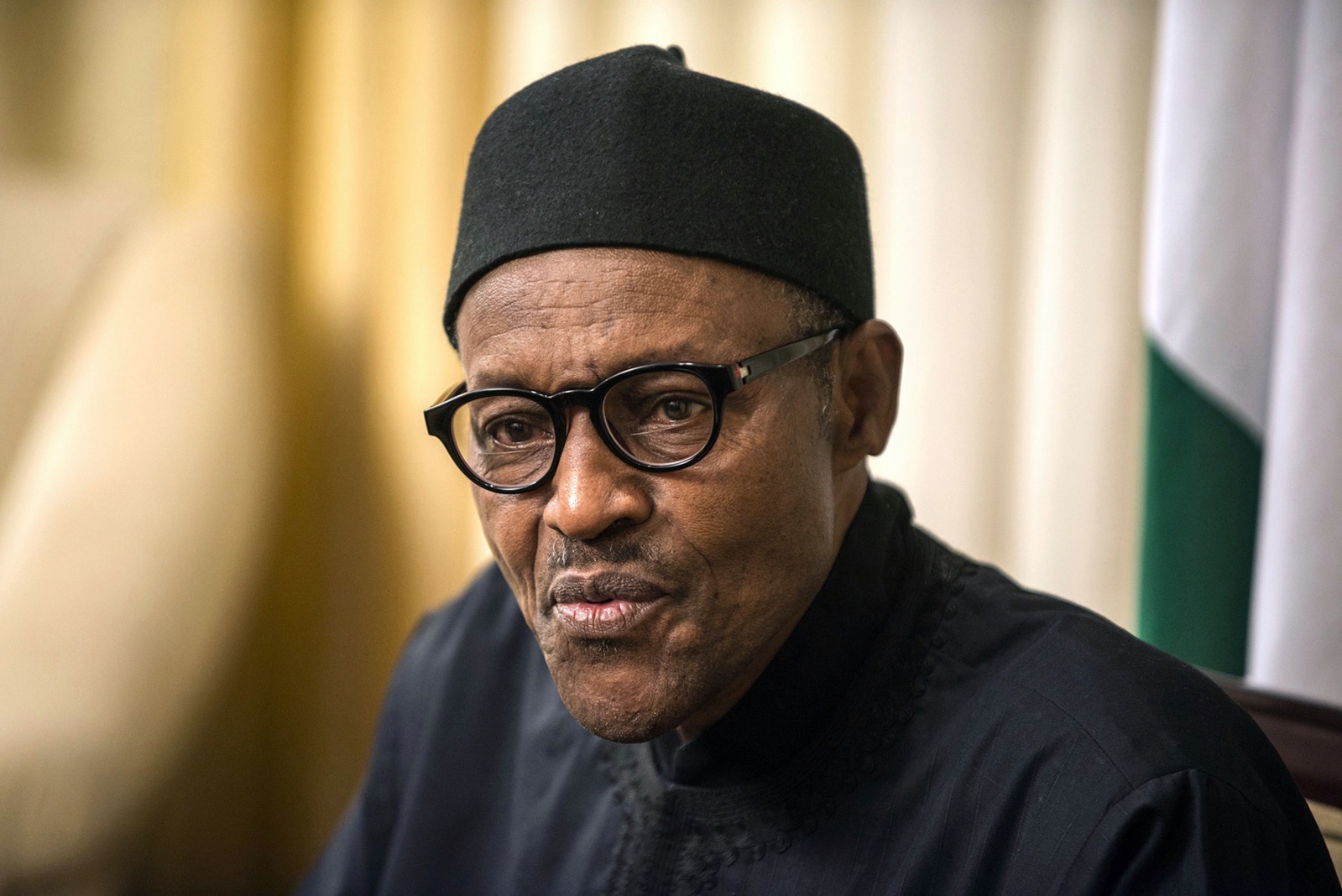The Labour union on Monday, May 16, 2016 had talks with the federal government concerning the increase in the pump price of petrol.
The meeting ended in a deadlock on Monday night and all parties will reconvene for another meeting.
The secretary to the government of the federation, Mr. Babachir Lawal, briefing journalists on the outcome of the meeting said the two parties had “a fruitful discussion and will continue from where we stopped.”
The meeting, which ended at about 12 midnight, will resume at 3pm on Tuesday (today).
Lawal, however, refused to answer further questions from newsmen.
The Federal Government, however, began another round of meeting with the Joe Ajaero-led faction of the labour movement at about 12.15am on Tuesday after its meeting with the Ayuba Wabba-led Nigeria Labour Congress.
Wabba confirmed that discussions with the Federal Government would continue by 3pm on Tuesday (today).
Sources at the meeting said the labour leaders were not convinced by the figures presented by the government team.
Those who attended the meeting included Wabba; NLC General Secretary, Peter Ozo-Esun; NUPENG president, Igwe Achese; PENGASSAN President, Olabode Johnson; TUC President, Bobboi Kaigama; Minister of Labour and Employment, Dr Chris Ngige; Senior Special Assistant to the President on National Assembly Matters (Senate), Senator Ita Enang; and the Edo State Governor, Adams Oshiomhole.
Earlier on Monday, the Federal Government said it had no choice but to liberalise the price of petrol.
The Minister of Information and Culture, Alhaji Lai Mohammed, who stated this at a news conference in Abuja, justified the increase in the price of petrol to N145.
He also faulted a claim that the new price regime was about removal of subsidy.
He stated, “We have no choice but to liberalise the price of petrol if we are to end the crippling fuel scarcity that has enveloped the country, ensure the availability of the product and end the suffering of our people over the lingering scarcity.”
Debunking a claim that the new price regime was about removal of subsidy, he said, “There is no subsidy to remove because no provision was made for subsidy in the 2016 budget. Last year, the government paid out N1tn in subsidy, and that’s one sixth of this year’s budget. We can’t afford to pay another N1tn in subsidy.”
Justifying the government’s action, he said the fall in the price of crude oil had led to the reduction of foreign exchange available in the country.
This, he explained, had forced marketers to stop the importation of the product, thus making the Nigerian National Petroleum Corporation the supplier of over 90 per cent of petrol.
Mohammed stated, “With the drastic fall in the price of crude oil, which is the nation’s main foreign exchange earner, there has also been a drastic reduction in the amount of foreign exchange available.
“The unavailability of forex and the inability to open letters of credit have forced marketers to stop product importation and imposed over 90 per cent supply on the NNPC since October 2015, in contrast to the past where NNPC supplied 48 per cent of the national requirement.”
He dismissed critics, who were comparing ex-President Goodluck Jonathan’s fuel price increase in 2012 to the recent one by the Buhari administration.
Mohammed added, ‘‘Our answer to that is that there is no basis for comparison. The conditions in 2012 were vastly different from the conditions now.
“Then, oil was selling for over 100 dollars a barrel, compared to just a little over 40 dollars a barrel now. Then, the country was awash in forex, thanks to the high earnings from oil. Then the foreign reserves were high.
“The new price regime is simply inevitable.”
The minister also disclosed that the renewed insurgency and pipeline vandalism in the Niger Delta had drastically reduced national crude oil production to 1.65 million barrels per day, against the 2.2 million barrels per day planned in the 2016 budget.
He noted that the resultant fuel scarcity had created an abnormal increase in price, resulting in Nigerians paying between N150 and N300 per litre because hoarding, smuggling and diversion of products had reduced volumes made available to citizens.
He stated, “The liberalisation of petrol supply and distribution will allow marketers and any Nigerian entity, willing to supply PMS, to source for their forex and import PMS to ensure the availability of the products in all locations of the country.”







